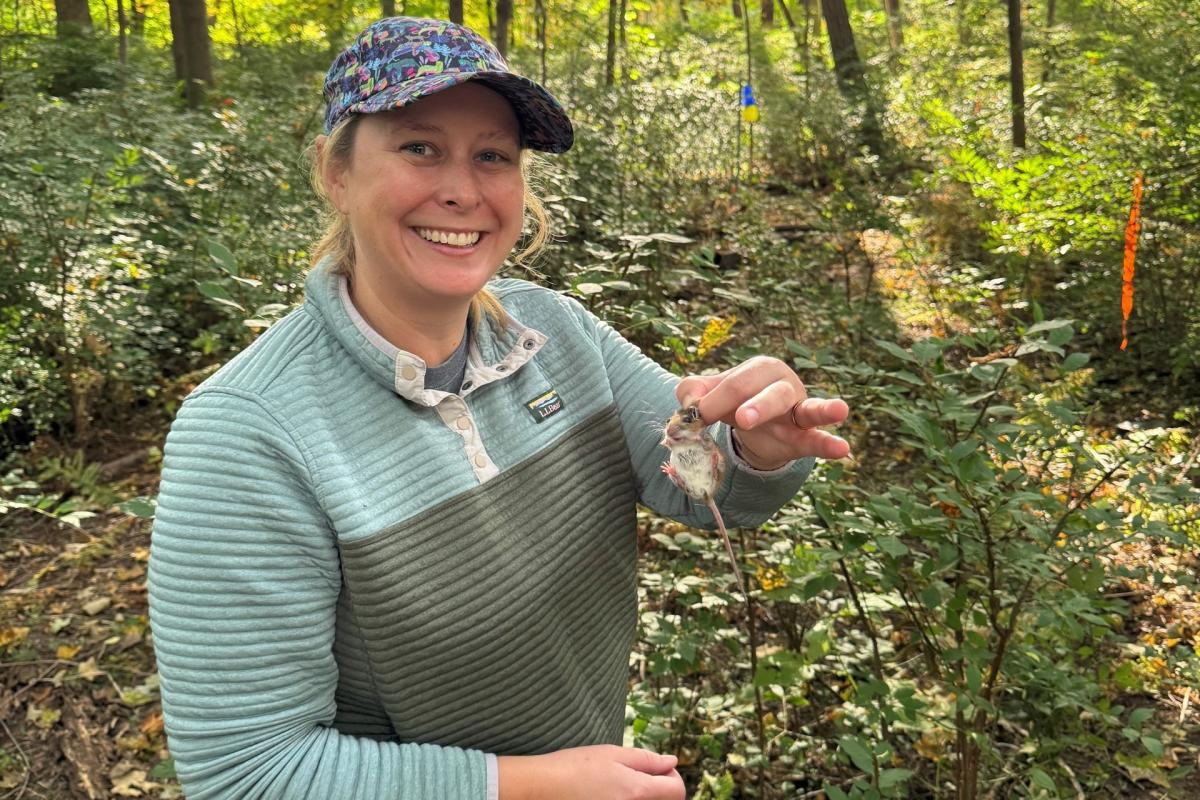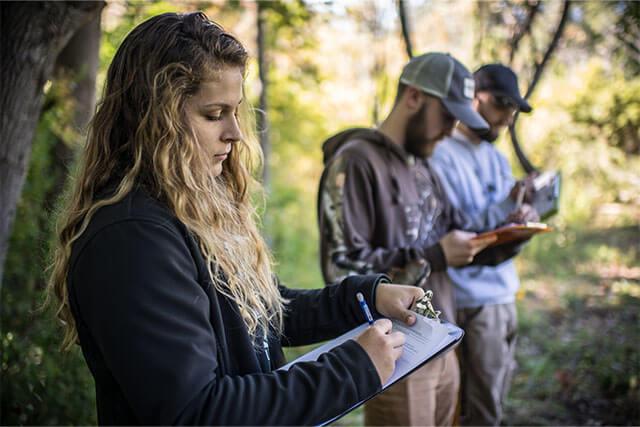
The Wildlife Conservation minor is crafted for students passionate about wildlife and seeking to develop the skills and knowledge necessary for careers as wildlife scientists or technicians. This program not only prepares students for graduate studies in wildlife or organismal ecology but also helps guide their course selection within the Environmental Science major. Open to both Environmental Science majors and students from other disciplines, this minor offers a comprehensive curriculum that covers essential topics such as wildlife biology, conservation strategies, ecological management, and practical field techniques. To complete the minor, students must earn 20-21 credits, including courses that provide foundational knowledge in wildlife science and quantitative methods, as well as the option to focus on specific areas like population estimation or broader biological concepts. This well-rounded course selection equips students with the necessary skills and knowledge for careers in wildlife conservation and related fields.

